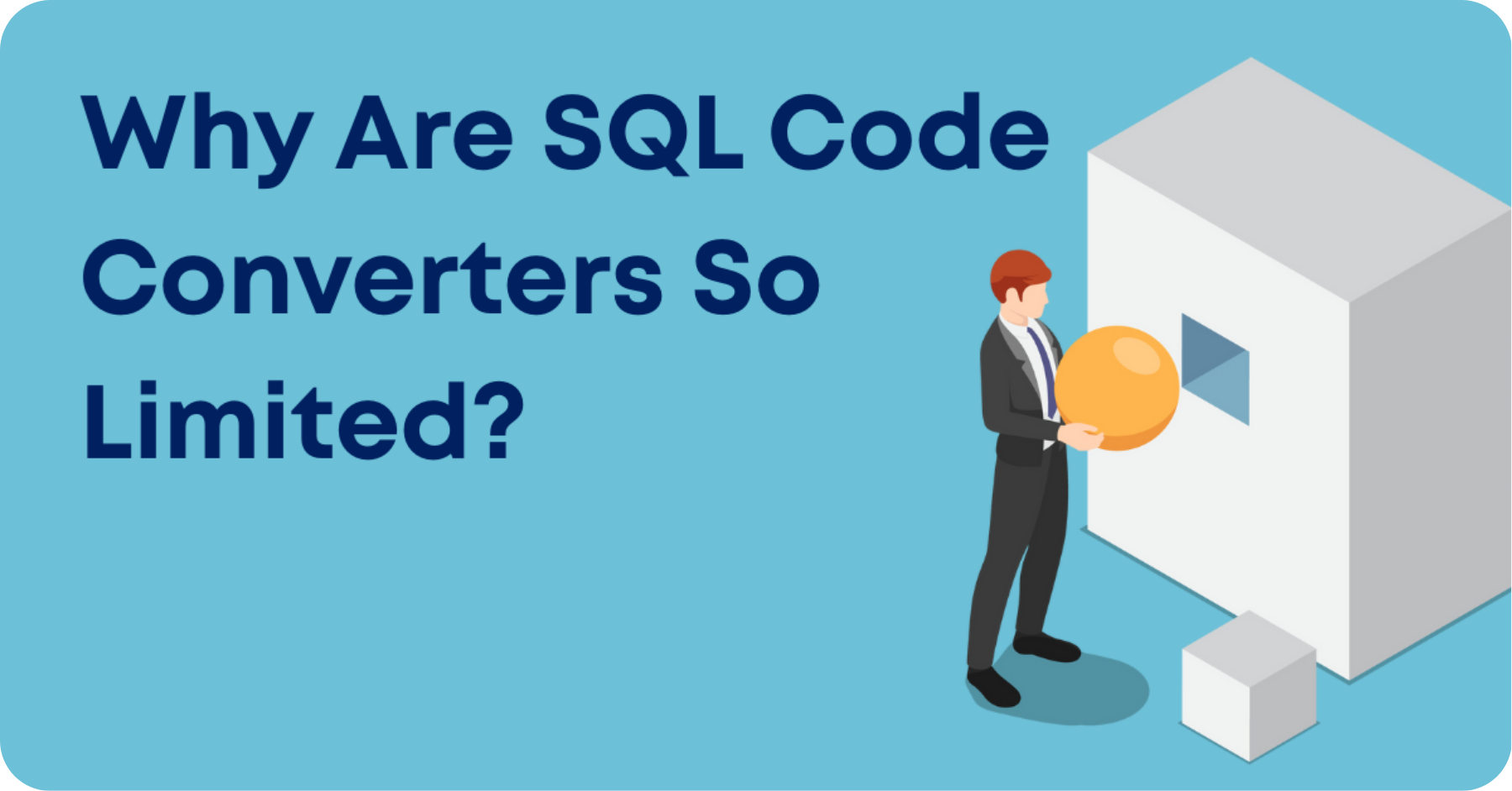Moving data (and databases) to the cloud can be stressful. Datometry’s CEO, Mike Waas, explains what you need to think about, explains the pros and cons of three different approaches, and offers best practices to make the move less taxing.
Upside: There’s been an increasing movement of data management from on-premises environments to the cloud. What do you see driving your customers to make the move? What benefits are they expecting?
Mike Waas: We see primarily two driving forces. First, many companies are executing on a C-level mandate to become cloud-native, often on an accelerated timeline. In this case, moving all data management to the cloud is part of a larger initiative. Second, IT relocates data assets into the cloud independently to overcome the limitations of on-premises systems and lower their operational expenses.
Underlying either path is a careful cost-benefit analysis that has to justify what is often the single most complex transformation project within the organization.
Not surprisingly, the primary benefit is the anticipation of drastic savings. Compared to an on-premises data warehouse appliance, cloud-native systems can achieve a cost reduction of up to 75 percent. The savings are a combination of lower fees and a reduction in personnel because managed cloud systems liberate enterprises from having to staff large support teams.
A close second when it comes to benefits is the prospect of generating new revenue. In the cloud, companies expect to be able to tap into a bevy of integrated processing capabilities, ranging from the flexibility and rapid scaling to complete vertical-specific solutions. Continue reading on site.
About Mike Waas, CEO Datometry
Mike Waas founded Datometry with the vision of redefining enterprise data management. In the past, Mike held key engineering positions at Microsoft, Amazon, Greenplum, EMC, and Pivotal. He earned an M.S. in Computer Science from the University of Passau, Germany, and a Ph.D. in Computer Science from the University of Amsterdam, The Netherlands. Mike has co-authored over 35 peer-reviewed publications and has 20+ patents on data management to his name.


